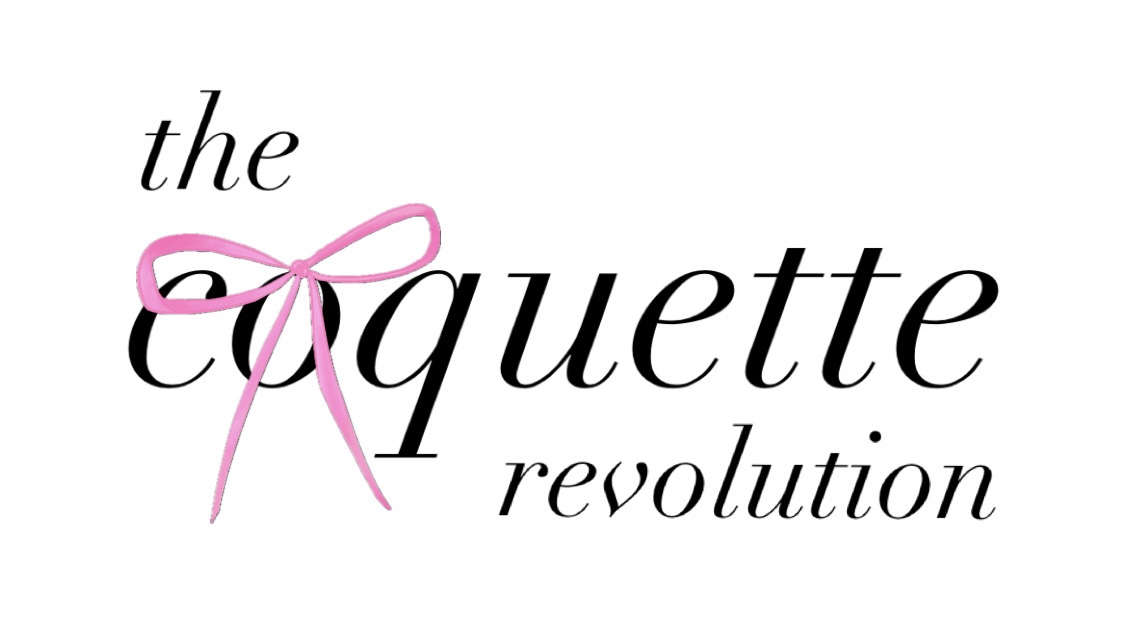A person driving somewhere in the United States is sure to see a Starbucks, a McDonald’s, or a Wal-Mart. It is almost guaranteed someone with Nike or Coca-Cola products will pass by this person. And he or she is probably driving in a General Motors or Ford car being fueled by Exxon, BP, Shell, or Chevron fuel. Giant multi-national corporations are unavoidable in today’s society. Making huge profits, these companies seem to have greater strength in politics than the citizens themselves.
Some people think these giants in the economy are good for our society. They say that because corporations can benefit from economics of scale, they can lower prices for consumers. While this is true, it undermines the local businesses, forcing many out of business and therefore losing American jobs, causing these Americans to be dependant on their low prices. Another argument for them is that they provide trustworthy standards and familiarity. But neighbors are more trustworthy than some giant corporate mogul who just wants more profits, and the neighbor has more familiarity than the CEO of Starbucks. Many people also suggest that these corporations create wealth and jobs in other countries. This can be a good thing, but these jobs are low-paying factory working where the locals have no other career choice because their farm was destroyed for the factory. All this while the CEO sits and counts his immense profit off this cheap labor.
These corporations have too much control in the government. Many officials get money for campaigns and influence from the corporations. It is bribery. But it is called lobbying. Lobbying allows the voices of big corporations to be heard over those of the people. They have a right to lobby – the right to petition – but the amount of money they are able to use makes it unfair. And, if the politician helps the corporation, they can get high-paying jobs there later – otherwise known as the revolving door. And as a revolving door it works the other way: People from big industry come into the government because they have experience. This means that our legislature can be based off of ulterior motives because money talks. But while the money is talking the people are ignored.
Outsourcing is another downside of multi-national corporations. They close their factories in the United States because with regulations on wages and safety, they cannot get things made as cheaply or as quickly as they could in some third world country where the government is willing to turn their back on the plight of their people. An article from the National Union of Public and General Employees of Canada cites the International Labor Organization of saying that these large corporations are paying their employees $1,000 a year and making $13,000 a year in profit off of each one of them. That is just disgusting. Must they really make that much off of these poor people, whose lives could be so much better if they even just doubled their earnings, losing only 1/13 of their profit?
On top of this these companies try to say that they help communities – PepsiCo’s Refresh project – and that they help in disasters such as the Haitian Earthquake. But money does not physically help rebuild a country and this philanthropy is used to divert attention to their human rights violations. According to Amnesty International, “…transnational and domestic oil companies threaten the survival of Indigenous populations [in the Ecuadorian Amazon] as well as those who seek to protect their communities and the environment.” Texaco (now Chevron) intentionally dumped 19 billion gallons of toxic wastewater into the surrounding area between 1972 and 1992. A company run by humans blatantly ignored and harmed the other humans living in the area they were operating.
These multi-national corporations need to know that their actions cannot be tolerated. In order for our economic problems to be solved we must focus back on local economies. Problems like the oil spill in the Gulf of Mexico could have been avoided if BP spent more time and more of their money on safety precautions. These corporations are fueled by greed and have somehow forgotten along the way that just like all the rest of us they only need food, water and shelter to survive.









